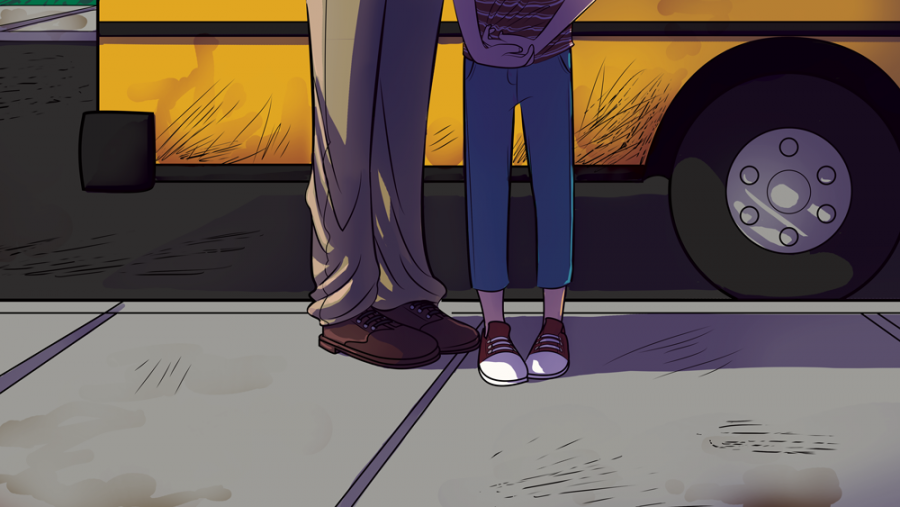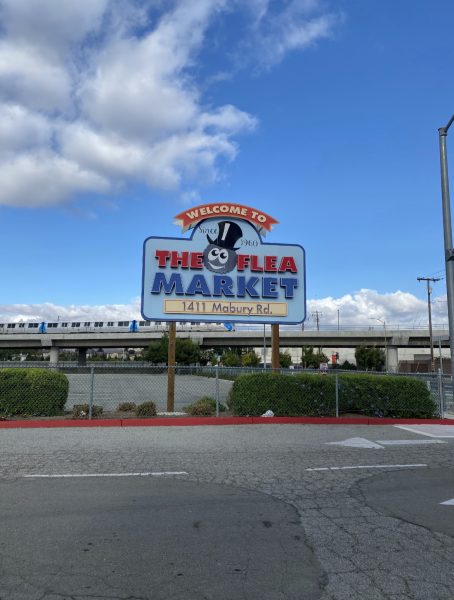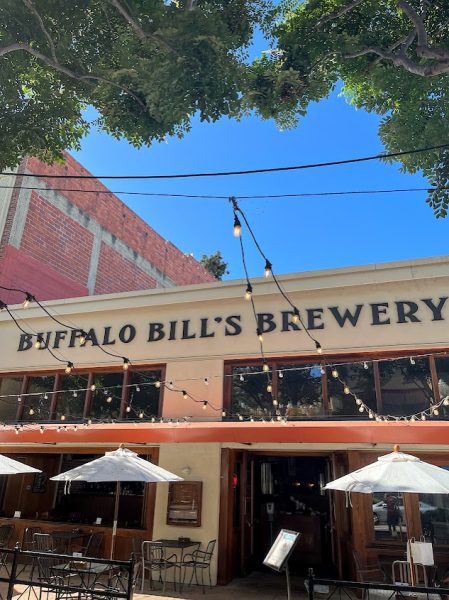Hayward to get first special needs school in fall
For many people the term “special needs” may be foreign or confusing. However, special needs education is becoming an increasingly popular trend throughout California.
According to the United States Government Department of Education, a child or young person has special educational needs if they have learning difficulties or disabilities that make it harder for them to learn than most other children and young people the same age. They also confirmed that as of 2014, 12.1 percent of the nation’s K–12 students had disabilities. Of the 6,429,431 youth aged three to 21 that received special education in the fall of 2012, 11.4 percent were between the ages of three and five. This is a drastic increase from the five percent recorded as recently as the late 1990’s.
For special needs students in Hayward, this presents a unique problem since there is only one special needs school in the Bay Area, located in Oakland. Building Blocks is a special needs education facility for children ages 3 through 7 that serves roughly 40 students.
According to Seneca, the organization responsible for running the year-round school, Building Blocks is an intervention campus for preschool through first grade with the majority of students suffering from severe behavioral challenges that range from ADD and ADHD to autism. The Seneca website explains that the goal of Building Blocks is to prepare them for a “less restrictive educational setting.”
The Hayward Unified School District has a plan to make things easier for these students. For the first time in over 30 years, Hayward will receive its own special needs education facility at Highland Elementary School in September, just behind the Cal State East Bay Hayward campus. The school will occupy a wing of the elementary school and will enroll roughly up to 20 students from preschool to sixth grade, according to HUSD Director of Special Education Tammy D. Watson.
One major issue has been transporting children with special needs who live in Hayward to the school in Oakland. A parent, who asked to remain anonymous, said that during the two years her child has been at Building Blocks, the transportation company has switched at least three times, but probably more. Students are also subjected to rides during peak commuting hours, which extends ride times.
“Sometimes my [child] is on the way to school or home for over an hour,” the parent said. “That’s nearly two and a half hours in the car alone and if it frustrates me, I can only imagine how my kid feels.”
According to Watson, HUSD can’t afford to acquire a fleet of buses and employ enough drivers, so they use a third party transporter to get the kids to and from schools, which has been the practice since the 1980s. Watson said they initially used Durham School Services, however the buses were too large for the limited number of students. The district then switched to Bell Transit Service, a taxi-style service using small vans that caused a number of problems by requiring each student to be individually transported because of the small size of the vehicles.
The service after that was My Coyote Express, a smaller company, which lost their approval in Nov. 2015 and forced the district to go with the current provider, American Logistics Company. ALC certifies and contracts third party drivers who often use their own cars, like Uber or Lyft.
According to the unnamed parent, there were various issues with drivers from several of the companies that included giving children tablets and phones to play with, as well as gifts like toys and food. One of the company’s drivers pulled over to let a child urinate, and another time, the driver was found in the backseat of the car with a student when teachers from Building Blocks went outside to get the child. The Building Blocks teacher notified the parent and described this as a “red flag” incident which they would have to report.
The parent also said that on the first day with the new company earlier this year, two drivers showed up on the same day to pick up the child and only one of them had proper identification. Watson confirmed this and said it was an oversight on ALC’s part. However, the company certified both drivers.
According to Watson, the only complaints she has ever received from parents or the school are about late pick-ups, late drop-offs and long rides. Despite multiple attempts to talk with Seneca and CEO Ken Berrick, neither the company nor Berrick would confirm or deny the information.
With nearly 2,600 special needs students in the entire district, Watson is hopeful that the new school will eliminate many of the problems associated with the transportation.
“We understand the sensitivity and needs of the children,” Watson said. “Once the new school opens in the fall, it should alleviate a lot of the problems that we have seen in regards to transportation.”
Watson confirmed that once the new school opens in September, HUSD will go back to using Durham School Services buses for all special needs students.











